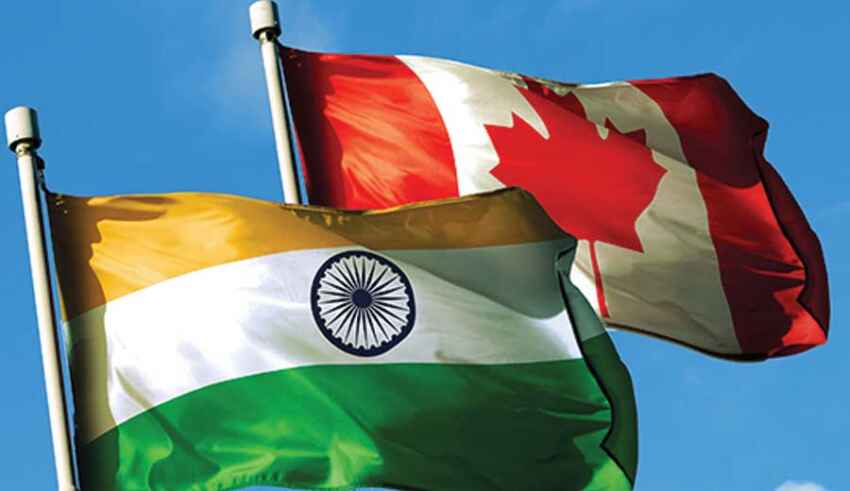
India-Canada relations have proven to be tense in recent months, characterised by a certain “action-reaction” conduct on both sides. The two countries share membership to the Commonwealth and bilateral relations have a history of being stable in trade and commercial matters. However, tensions have previously surfaced on matters regarding the Canadian Sikh population, the largest Sikh population outside of India. These heightened following the murder of Hardeep Signh Nijar earlier this year in British Columbia. Nijar, a naturalised Canadian citizen, was a known Sikh separatist, advocating for an independent Sikh State known as Khalistan. The Sikh independence movement is cause for severe societal and political debate in India, but has also kept its momentum within Sikh diaspora, notably in Canada. This has already caused issues as some branches of the Khalistan movement are designated as terrorist groups by India and separatist support has been cited as being a threat to India’s territorial sovereignty.
The shaky relations came to a boiling point when Prime Minister Justin Trudeau accused Modi’s government of playing a role in Nijar’s death. Such accusations come under the umbrella of transnational repression, whereby a state seeks to control or silence dissidents living abroad through threats and intimidation. While no arrests have been made by the Canadian authorities, the investigation and allegations have propelled diplomatic tensions, including the withdrawal of 41 Canadian diplomats from India under the threat of revocating their diplomatic immunity. While India recalled the principle of diplomatic parity as the basis of this action, Canada considered this a violation of the Vienna Convention on Diplomatic Relations. The reduction of diplomatic representation is surely indicative of a strained bilateral relationship but it can be perceived as a strategy by Prime Minister Narendra Modi’s government to mark its discontent with Prime Minister Trudeau’s allegations without necessarily being a concern for further escalation. Indeed, retaliation from Canada’s part is unlikely considering the Indian demographic in Canada, including dual citizens and a large Indian student population which make any similar action from Canada contrary to its interests and therefore unlikely.
It is uncertain whether the current tensions will manifest themselves in wider implications for India-Canada relations. Extreme forms of transnational repression such as assassinations or attempted assassinations and allegations have in the past led to both surfaced level and deep fractures in bilateral relations. This is evidence in the murder of Jamal Khassogi in 2018 and the strain it had on US-Saudi relations. Nevertheless, given the strategic importance of the relationship, it remained relatively stable. Assassination of nationals abroad have also further rifted bilateral relations, as perceived in the impact of Alexander Litvinko’s death on the relationship between the United Kingdom and Russia.
Canada has called for Indian collaboration in the investigation of Nijar’s death which has been denied. To alleviate pressure on the bilateral relationship, Canada could rely on support from the wider international community to call for an impartial investigation of Nijar’s death, indirectly increasing diplomatic pressure on India.
Conclusion
It is difficult to address allegations of transnational repression while simultaneously keeping bilateral relations intact. Events such as the murder of Hardeep Signh Nijar create a vacuum in which diplomatic relations are reassessed and re-negotiated. While the situation remains uncertain, it is likely that both India and Canada will have to tread lightly in order not to jeopardise their self-interests and given the relatively stable history of the relations, there is no cause of immediate concern on the lasting impact of such events.
The European Institute for International Law and International Relations















